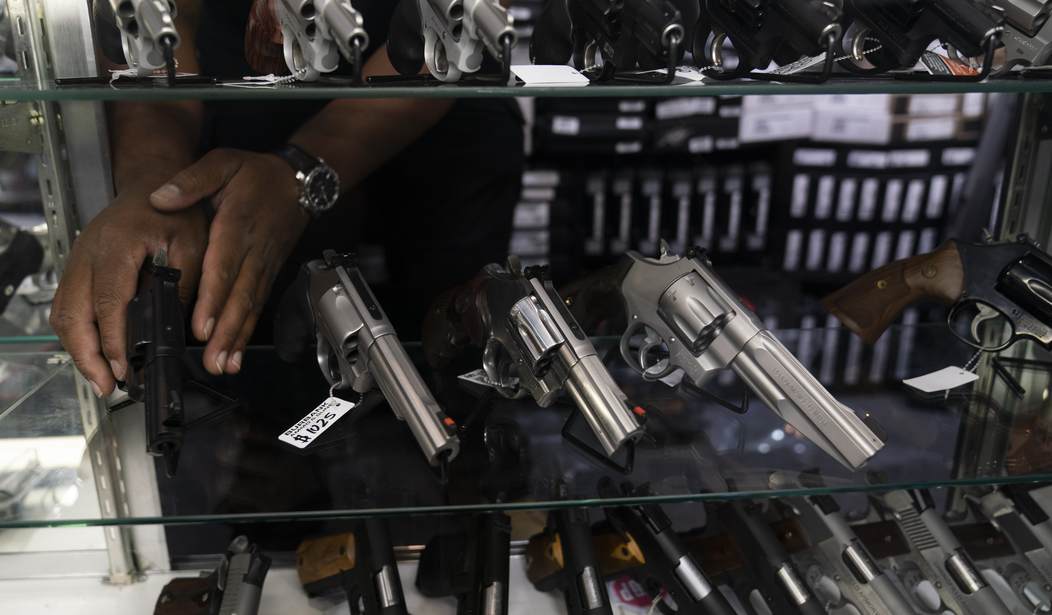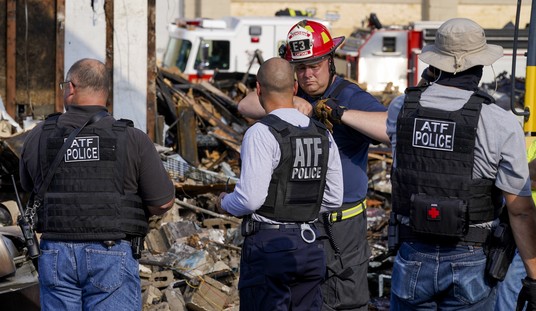The state of Louisiana is one of the more violent states in the nation. The CDC ranks it second out of all 50 states for highest homicide rate in 2021, the most recent year it has data available for. Only its neighbor, Mississippi is higher.
And there are problems in Louisiana, to be sure.
A recent op-ed by a local reporter touches on some of the problems and potential solutions. That’s not a terrible thing. The only problem? He also can’t see past his profession’s anti-gun bias.
In 2021, Louisiana’s firearm death rate was 28.4 per 100,000 people, nearly double the national average. The roots of gun violence here, entwined with economic disparities and cultural conflicts, extend far beyond state borders. The easy access to firearms, combined with systemic socio-economic issues such as inadequate mental health resources, poverty, and strained police-community relations, has led to a prolonged tragedy that is a nationwide epidemic.
How is it that the state’s firearm death rate was 28.4 when the CDC’s total homicide rate is only 21.3?
Oh, right. That’s “gun deaths” not homicides. That’s why we keep saying that the reason “gun deaths” exist as a statistic is to inflate the rates and make the problem look worse than it is.
So you’ll forgive me if I don’t trip over myself believing easy access to firearms is the problem when you’re artificially inflating the numbers like that. More on why this is nonsense after a bit.
The impact of gun violence on communities is profound, instilling fear, breaking down trust, and perpetuating a cycle of violence. Survivors, families, and communities face immeasurable psychological tolls. Children growing up in these environments are exposed to trauma that can have lasting effects on their development and future prospects.
The Louisiana situation serves as one warning for the entire nation, demanding comprehensive solutions — legislative changes and more. This includes tighter gun control measures, improved socio-economic conditions, and stronger community-police relations. Successful programs from other cities, such as community outreach and youth engagement initiatives within a public health framework in Chicago and Philadelphia, could provide a blueprint for change. Indeed, all successful initiatives from anywhere in the United States should serve as templates for everywhere else in our land.
I’m pretty sure you don’t actually want to use programs out of Chicago or Philadelphia as a template considering just how bad violent crime is in those cities.
Yet if you can find a program that’s proven to work, more power to you.
The issue I have, though, is this idea that legislation regarding the right to keep and bear arms is absolutely essential. It’s not.
Let’s go back to the CDC data for a moment.
The five states with the lowest homicide rates are New Hampshire, Vermont, Wyoming, Maine, and Idaho. Of those five, Vermont is the least friendly to firearms, and even they have constitutional carry. These are fairly pro-gun states, states lacking the legislative intervention the author thinks is vital for Louisiana.
The state’s issues lie in cities like Baton Rouge and New Orleans, which account for the lion’s share of homicides in the state. The rest of the state shouldn’t have to pay for the big city ills.
The problem in Louisiana is that there are a ton of issues, from economics to education, that likely all contribute to the violence we see in the state, as well as the suicides that drive up “gun death” statistics. If those are properly addressed, not only does it benefit all the people of the state, it also reduces these violent crimes significantly.
Only that doesn’t give people an excuse to go after guns, so we’re never going to see it pushed by anti-gun voices. In fact, even the local reporters who see the real problems can’t seem to just focus there without pushing gun control.








Join the conversation as a VIP Member